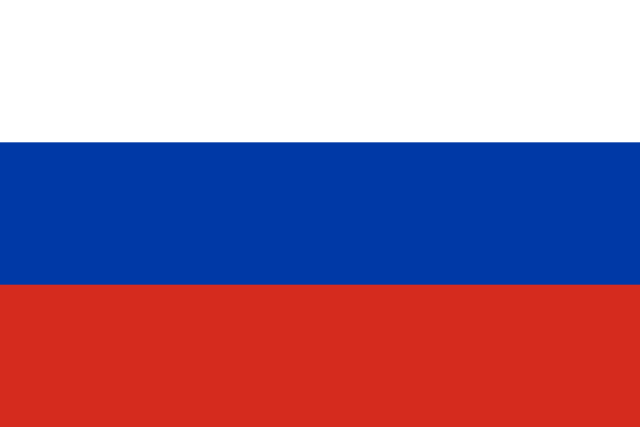
The sanctions target entities suspected of facilitating access to sophisticated technologies that fuel Russia’s war machinery. This includes suppliers of electronic components, such as microchips and dual-use goods, that Russia is reportedly leveraging to address logistical gaps resulting from Western sanctions. According to U.S. officials, the move also marks an attempt to penalize “third-party” countries, firms, and individuals assisting Russia either by direct provision of goods or by circumventing existing restrictions. Treasury Deputy Secretary Wally Adeyemo noted that these actions are aimed at closing loopholes within the sanctions framework, with a particular focus on dismantling Russia's capacity to sustain military production despite ongoing international restrictions.
India-based firms are among the latest to fall under scrutiny, with U.S. authorities asserting that these entities are complicit in supplying Russia with goods classified as military or dual-use. These items, the U.S. claims, are either directly employed on the battlefield or contribute to critical Russian military industries, filling in gaps created by previous rounds of sanctions. These firms join hundreds of other sanctioned companies located in jurisdictions where regulatory oversight might be less stringent or where Russia maintains significant commercial ties.
The breadth of these sanctions not only amplifies the economic pressure on Russia but also extends a warning to other international players potentially involved in bolstering Russia’s defense sector. Analysts highlight that the inclusion of entities from a range of countries underlines a new U.S. tactic of targeting global networks enabling Russia’s war infrastructure. This comprehensive strategy aims not only to isolate Russia’s direct allies but also to identify and penalize entities that might act as intermediaries, procuring or refining materials ultimately destined for Russian use.
As part of this measure, China has also seen an uptick in sanctions, with several of its companies facing penalties for allegedly exporting dual-use technologies, components that can serve both civilian and military applications. These Chinese firms are believed to have provided crucial electronics and industrial parts that reinforce Russia’s military-industrial base. Beijing, however, has historically denied any direct involvement in the Russia-Ukraine conflict and often criticizes what it terms as "unilateral" U.S. sanctions, casting doubts on the validity of the sanctions claims. China’s response has remained consistent, accusing the U.S. of overstepping international norms, while affirming its stance against direct interference in foreign conflicts.
These sanctions come amid broader efforts by the U.S. and its allies to tighten restrictions on Russia, nearly three years into the conflict. Following Russia’s military aggression against Ukraine, which commenced in February 2022, Western powers have continuously escalated economic and diplomatic measures in response to Moscow's actions. To date, thousands of Russian individuals, companies, and industries have faced sanctions, with a focus on critical sectors such as defense, finance, and energy. The newly sanctioned companies represent a wide spectrum, from component manufacturers to logistical service providers, that support the operational framework of the Russian military-industrial complex.
However, questions persist over the efficacy of these sanctions, particularly as Russia continues to source crucial components through alternative supply chains and allies. Some economic analysts observe that while sanctions impose financial strains, they do not fully incapacitate Russia’s ability to acquire necessary technology. There remains an international grey market and a network of intermediaries that facilitate transactions in defiance of U.S. sanctions. These enforcement challenges have pushed Washington to intensify its sanctions approach, with officials acknowledging that any effective blockade requires sustained, multilateral coordination to close enforcement loopholes worldwide.
India, which has adopted a largely neutral stance on the Russia-Ukraine conflict, has nonetheless faced growing scrutiny from U.S. policymakers over its economic and strategic ties with Moscow. India remains a significant importer of Russian oil and defense systems, and Indian firms have, in certain cases, continued trade with Russia despite calls from Western allies to reduce economic cooperation. For Washington, these sanctions represent not just a punitive action but a broader strategy aimed at signaling to partners the importance of isolating Russia’s military supply lines. Indian officials have thus far refrained from commenting publicly on the sanctions affecting their domestic firms, though analysts anticipate potential diplomatic discussions between New Delhi and Washington.
